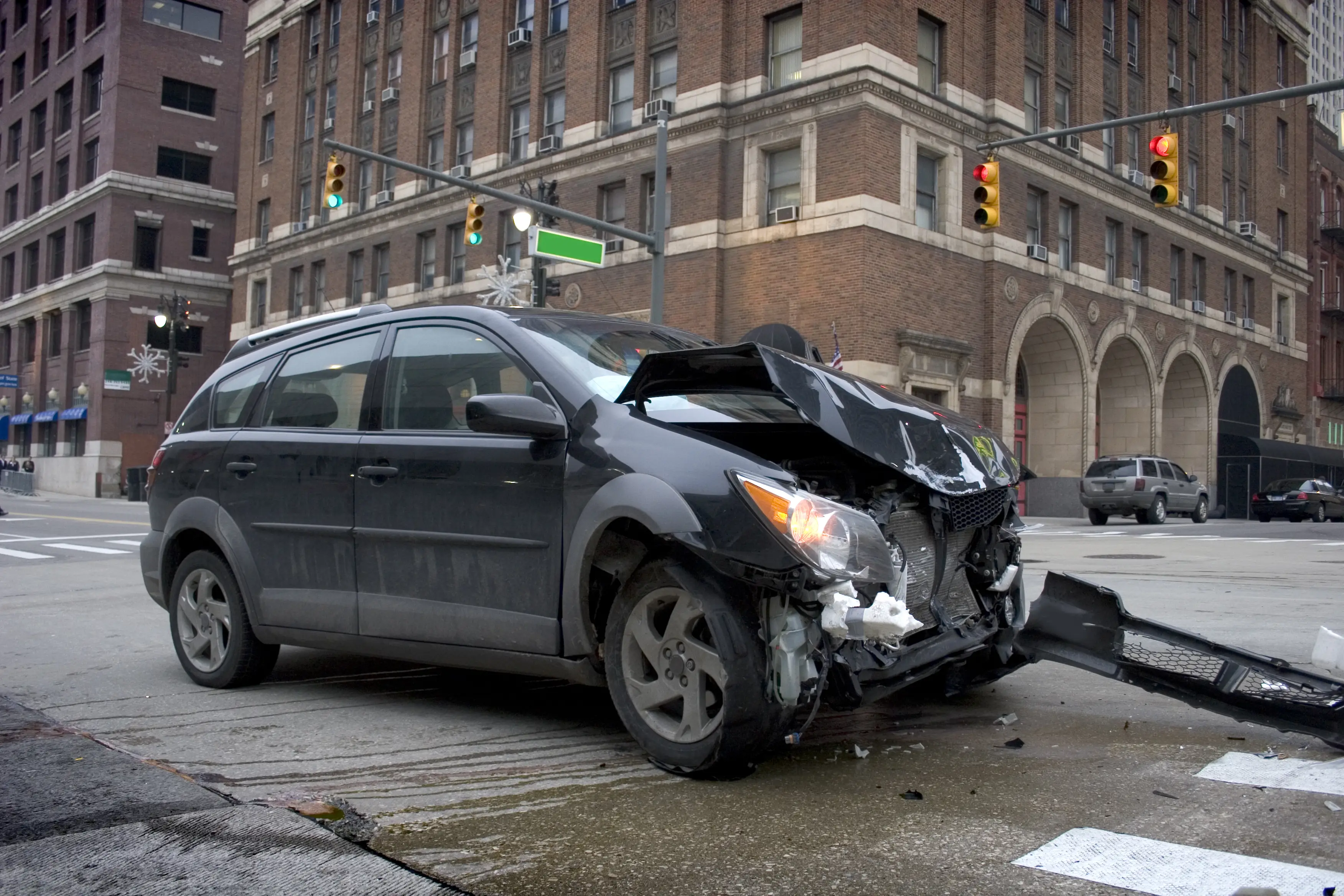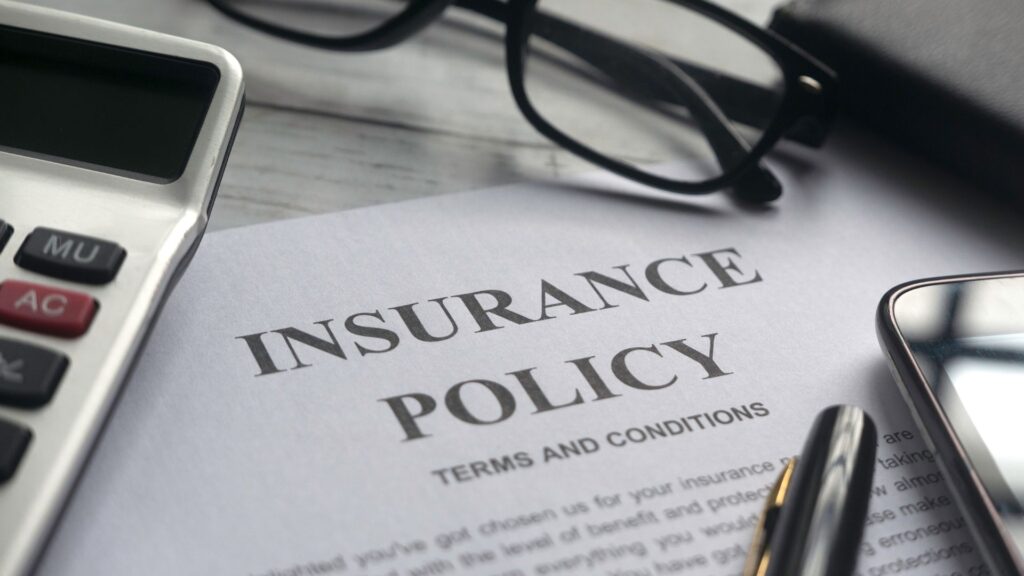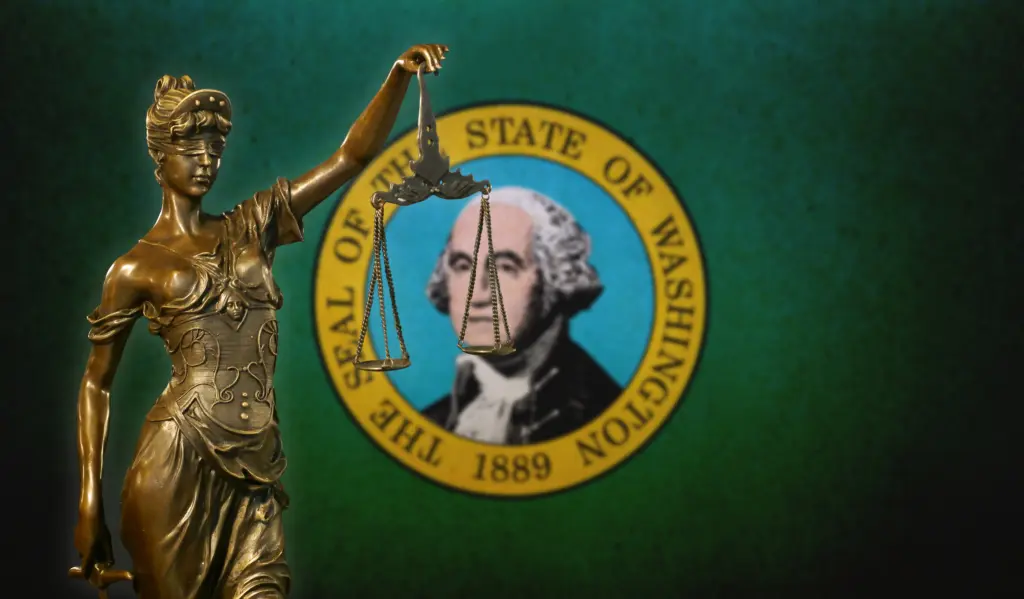Accidents are an unfortunate reality of driving, and if you find yourself in a situation where your leased car is deemed a “total loss” in California, it can be overwhelming to navigate the aftermath. California’s laws and regulations add another layer of complexity, so understanding your responsibilities, insurance options, and financial implications is crucial. This guide breaks down each step to help you understand what happens when a leased car is totaled in California and how to manage the situation like a pro.
What Exactly is “Total Loss” in California?

In California, a car is considered a “total loss” when the cost to repair the damage exceeds the car’s Actual Cash Value (ACV) before the accident occurred. The ACV is essentially the market value of your vehicle at the time of the incident, taking into account its age, condition, and depreciation. Insurance companies calculate whether repairing the car is economically viable by comparing repair costs with the ACV. If the repair costs are higher, the vehicle is declared a total loss. This determination is critical, as it sets the stage for the rest of the process, including insurance claims and lease obligations.
Reviewing Your Lease Agreement: Why It Matters
Your lease agreement is your contract with the leasing company, outlining your responsibilities if your leased car is totaled. It’s important to review the terms carefully to understand the financial implications. Leases often include early termination clauses, which detail the fees and penalties that may apply if the car is totaled before the lease term ends. These clauses can significantly affect the amount you owe after an accident. Additionally, the agreement specifies the types of insurance coverage you must maintain, including comprehensive and collision coverage.
Many lease agreements also mention gap insurance—whether it’s mandatory, included, or an additional purchase you need to make. Gap insurance is vital as it covers the difference between your vehicle’s ACV and the remaining lease balance, preventing you from having to pay out of pocket. Knowing the specifics of your lease agreement helps you understand your options and plan the next steps.
The Role of Auto Insurance When a Leased Car Is Totaled
In California, auto insurance requirements extend beyond basic liability coverage when it comes to leased vehicles. While liability insurance is mandatory for all drivers in the state, leasing companies typically require lessees to carry both collision and comprehensive insurance. Collision coverage protects against damage resulting from accidents involving another vehicle or object, while comprehensive coverage takes care of non-collision-related incidents such as theft, vandalism, or natural disasters.
Having these coverages is essential, as they work together to determine how much compensation you receive if your leased car is totaled. If you only have liability coverage, you may not receive any compensation for the damage to the leased vehicle, leaving you responsible for the balance owed to the leasing company.
The Importance of Gap Insurance in California
When leasing a car, especially a new one, depreciation can be rapid. Gap insurance, or Guaranteed Asset Protection, is designed to cover the gap between the ACV and the remaining balance on your lease. Without gap insurance, you could find yourself paying out of pocket if the insurance payout does not cover the full amount owed on your lease.
For instance, if your car is worth $20,000 at the time of the accident, but you still owe $25,000 on your lease, gap insurance would cover the $5,000 difference. This is particularly important in California, where high vehicle values and varying insurance payouts can lead to substantial financial gaps. Additionally, many leasing companies require you to have gap insurance, so it’s essential to check whether it’s already included in your lease agreement or if you need to purchase it separately.
Steps to Take Immediately After the Accident
If you’re involved in an accident that may total your leased car, taking prompt and appropriate actions is crucial. Make sure to follow these steps:
Safety First: Check for injuries and call emergency services if needed.
Document the Scene: Take photos and gather witness information.
Notify Authorities: File a police report for official documentation.
Contact Your Insurance Company: Begin the claims process promptly.
Inform the Leasing Company: They need to know about the total loss of the vehicle.
How Insurance Companies Calculate the Actual Cash Value (ACV)
Insurance companies calculate the ACV based on several factors, which influence how much they will pay out if your leased car is totaled. The ACV is determined by:
- Market Value: The average selling price of similar vehicles in your area, adjusted for regional variations in the used car market.
- Vehicle Condition: The mileage, wear and tear, and overall maintenance history of your vehicle play a significant role. Cars that have been well-maintained or have lower mileage may receive a higher ACV.
- Upgrades and Add-ons: Any enhancements or upgrades you’ve made, such as a new sound system or custom rims, may increase the ACV. However, these must be documented and included in the insurance assessment process.
Financial Implications of Totaling a Leased Car
When your leased vehicle is declared a total loss, several financial considerations come into play. You may still owe the remaining balance of your lease payments, as totaling the car doesn’t automatically release you from your financial obligations. Some lease agreements include early termination fees if the vehicle is totaled before the lease term is up. Additionally, you could face negative equity if the insurance payout does not cover the amount you still owe on the lease. Gap insurance is designed to address these gaps, but it’s essential to understand your lease terms fully.
Legal Protections and Considerations in California
California has specific laws designed to protect consumers in the event of a total loss. For example, the state’s Fair Claims Settlement Practices regulations require insurance companies to act in good faith, ensuring that claims are processed fairly and in a timely manner. If you disagree with the insurance company’s ACV assessment, you have the right to dispute it, providing evidence such as recent sales of similar vehicles or maintenance records that may justify a higher valuation.
Additionally, California limits what leasing companies can demand after insurance payouts. Known as “deficiency balance protections,” these rules are in place to prevent leasing companies from overcharging you if the insurance payout falls short.
Replacing a Totaled Leased Car: Your Options
After settling the total loss claim, you have a few options moving forward. You may choose to lease a new vehicle, entering a new lease agreement with either the same leasing company or a different one. Alternatively, you might decide to purchase a car using the insurance payout. If the payout covers more than the amount owed on the lease, the remaining funds can go towards a down payment.
If you decide that leasing or buying another car isn’t for you, you also have the option to walk away once all balances are settled, effectively ending your lease agreement.
Preventative Measures: Protecting Yourself and Your Leased Car
Maintain Proper Insurance Coverage: Make sure you have comprehensive, collision, and gap insurance as part of your policy when leasing a vehicle.
Practice Safe Driving: Adhere to traffic laws and drive defensively to reduce the risk of accidents.
Regular Vehicle Maintenance: Schedule routine maintenance to keep your vehicle in good condition, potentially enhancing its ACV if it’s ever totaled.
Injured in a Leased Car in California? Call WCTL
If your leased car was totaled due to someone else’s negligence, West Coast Trial Lawyers can help. Our experienced team will handle the complexities of your case and fight for the compensation you deserve. Contact us today at (213) 927-3700 or use the online contact form to Schedule a free consultation.














































































